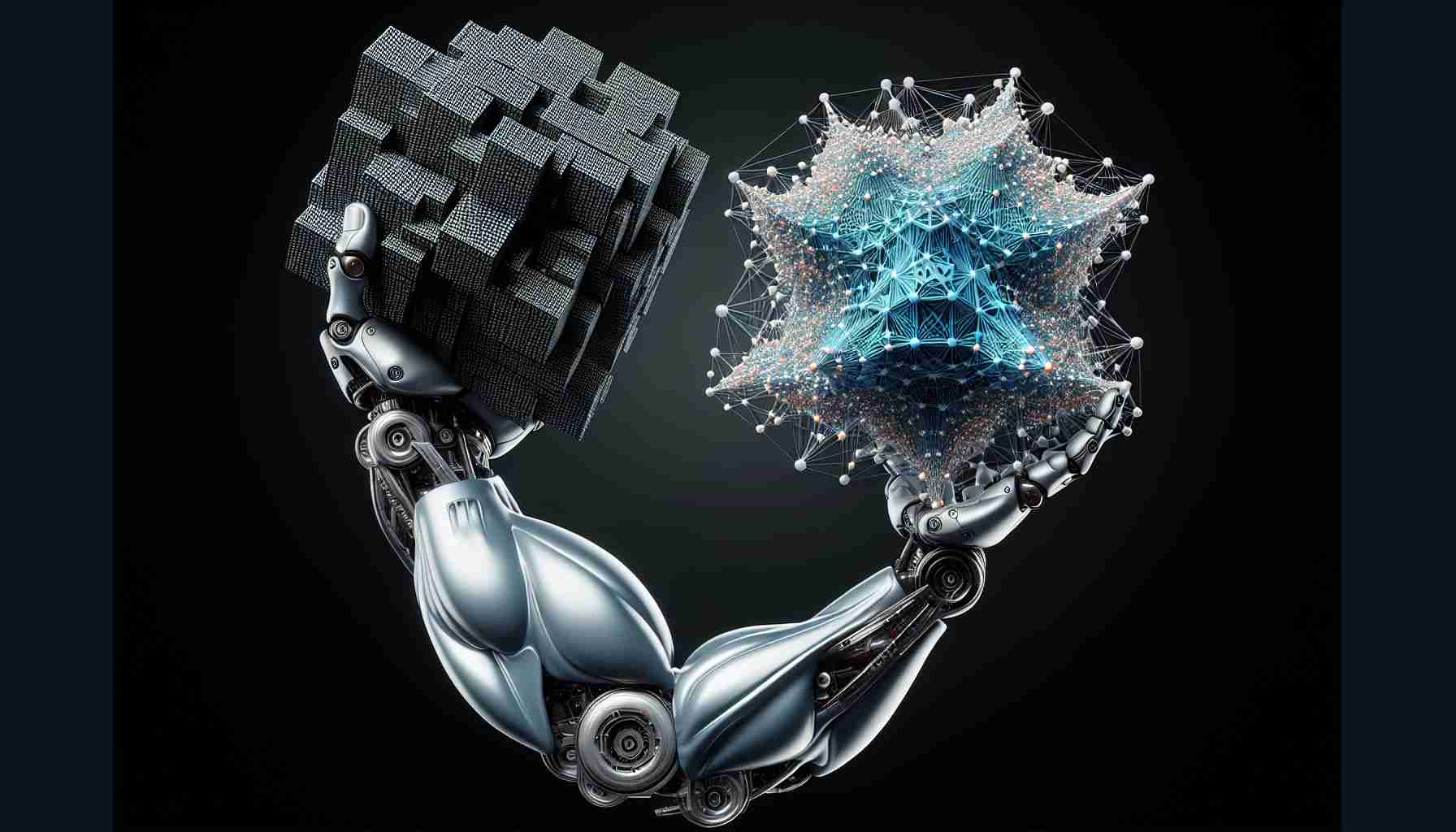A Game-Changing Approach to Enhancing Adversarial Robustness in Deep Learning Models
AI researchers from Google, Carnegie Mellon University, and Bosch Center for AI have made an extraordinary breakthrough in the field of adversarial robustness. Their pioneering method showcases significant advancements and practical implications, bringing us closer to more secure and reliable AI systems.
This research introduces a streamlined approach to achieving top-tier adversarial robustness against perturbations. The team demonstrates that this can be done using off-the-shelf pretrained models, thus simplifying the process of fortifying models against adversarial threats.
Breakthrough with Denoised Smoothing
By merging a pretrained denoising diffusion probabilistic model with a high-accuracy classifier, the researchers have achieved a groundbreaking 71% accuracy on ImageNet for adversarial perturbations. This result marks a substantial 14 percentage point improvement over prior certified methods.
Practicality and Accessibility
One of the key advantages of this method is that it does not require complex fine-tuning or retraining. This makes it highly practical and accessible for various applications, especially those that necessitate defense against adversarial attacks.
A Unique Denoised Smoothing Technique
The technique employed in this research involves a two-step process. First, a denoiser model is used to eliminate the added noise, and then a classifier determines the label for the treated input. This process makes it feasible to apply randomized smoothing to pretrained classifiers.
Leveraging Denoising Diffusion Models
The researchers highlight the suitability of denoising diffusion probabilistic models for the denoising step in defense mechanisms. These models, well-regarded in image generation, effectively recover high-quality denoised inputs from noisy data distributions.
Proven Efficacy on Major Datasets
Impressively, the method shows excellent results on ImageNet and CIFAR-10, outperforming previously trained custom denoisers, even under stringent perturbation norms.
Open Access and Reproducibility
In an effort to promote transparency and further research, the researchers have made their code available on a GitHub repository. This enables others to replicate and build upon their experiments.
Adversarial robustness is a critical aspect of AI research, especially in domains like autonomous vehicles, data security, and healthcare. The susceptibility of deep learning models to adversarial attacks poses serious threats to the integrity of AI systems. Therefore, the development of solutions that maintain accuracy and reliability, even in the face of deceptive inputs, is paramount.
Earlier methods aimed to enhance model resilience, but they often required complex and resource-intensive processes. However, the new Diffusion Denoised Smoothing (DDS) method represents a significant shift by combining pretrained denoising diffusion probabilistic models with high-accuracy classifiers. This unique approach improves efficiency and accessibility, broadening the scope of robust adversarial defense mechanisms.
The DDS method counters adversarial attacks by applying a sophisticated denoising process to cleanse input data. By applying state-of-the-art diffusion techniques from image generation, the method effectively removes adversarial noise and ensures accurate classification. Notably, the method achieves an impressive 71% accuracy on the ImageNet dataset, improving upon previous state-of-the-art methods.
The implications of this research are far-reaching. The DDS method presents a more efficient and accessible way to achieve robustness against adversarial attacks, with potential applications in autonomous vehicle systems, cybersecurity, healthcare diagnostic imaging, and financial services. The use of advanced robustness techniques holds the promise of enhancing the security and reliability of AI systems in critical and high-stakes environments.
FAQ: A Game-Changing Approach to Enhancing Adversarial Robustness in Deep Learning Models
The researchers have achieved a groundbreaking 71% accuracy on ImageNet for adversarial perturbations using a merged pretrained denoising diffusion probabilistic model and a high-accuracy classifier. This marks a substantial improvement over prior certified methods.
Does this method require complex fine-tuning or retraining?
No, one of the key advantages of this method is that it does not require complex fine-tuning or retraining. This makes it highly practical and accessible for various applications, especially those that necessitate defense against adversarial attacks.
What is the unique technique employed in this research?
The technique involves a two-step process. First, a denoiser model is used to eliminate added noise, and then a classifier determines the label for the treated input. This process makes it feasible to apply randomized smoothing to pretrained classifiers.
What are denoising diffusion probabilistic models?
Denoising diffusion probabilistic models are models used for the denoising step in defense mechanisms. They are well-regarded in image generation and effectively recover high-quality denoised inputs from noisy data distributions.
How does this method perform on major datasets?
The method shows excellent results on major datasets such as ImageNet and CIFAR-10, outperforming previously trained custom denoisers even under stringent perturbation norms.
Is the code for this method available to the public?
Yes, in an effort to promote transparency and further research, the researchers have made their code available on a GitHub repository. Others can replicate and build upon their experiments.
What are the potential applications of this research?
The implications of this research are far-reaching. The method presents a more efficient and accessible way to achieve robustness against adversarial attacks, with potential applications in autonomous vehicle systems, cybersecurity, healthcare diagnostic imaging, and financial services.
For more information, you can visit the main domain of the researchers: Google, Carnegie Mellon University, Bosch.
The source of the article is from the blog macnifico.pt

